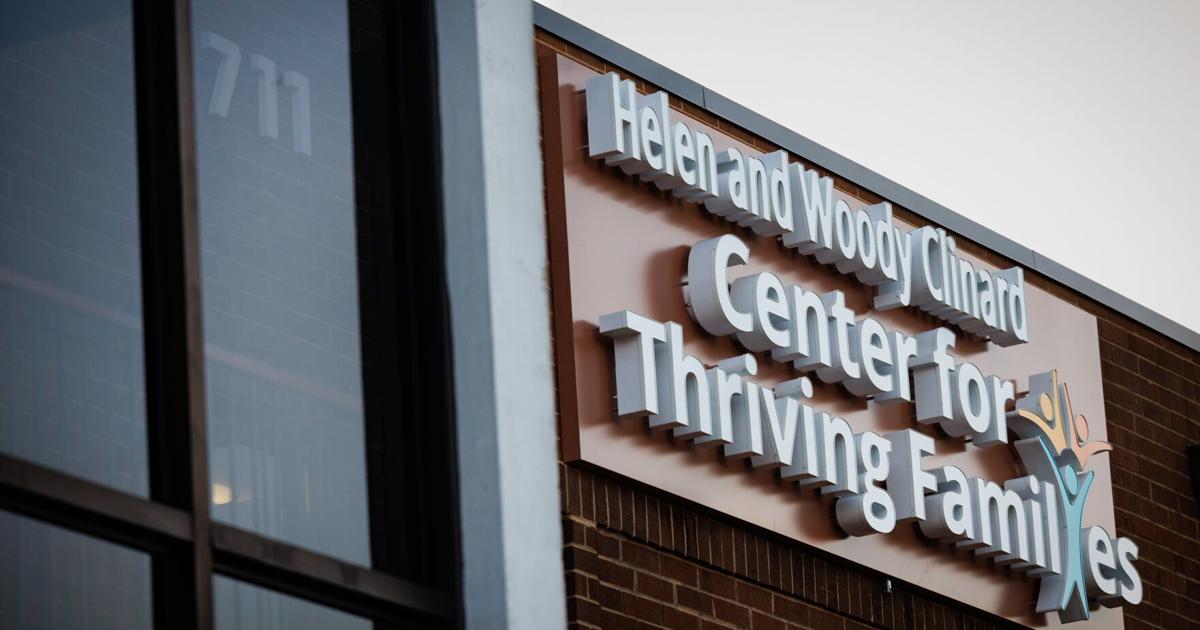Are Activists Taking Aim at Billionaires Ahead of New York Climate Week?

Published: 2025-09-21 07:25:10 | Category: Trump GNEWS Search
A recent series of protests in New York City has highlighted the urgent demand for climate action, coinciding with New York Climate Week. Activists marched through Manhattan, focusing on significant landmarks such as Billionaires' Row and Trump Tower, while calling for a range of social justice issues. The movement underscores the connection between climate justice and broader societal concerns, making it clear that many activists view climate change as a critical issue intertwined with democracy, gender equality, and humanitarian crises.
Last updated: 23 October 2023 (BST)
Understanding the Climate Action Movement
The climate action movement has garnered significant momentum in recent years, particularly in urban centres where the impacts of climate change are felt most acutely. This latest wave of protests in New York City is part of a broader global initiative aimed at prompting leaders to take immediate and impactful measures to address climate change.
Key Takeaways
- Protests focused on climate justice and social equality.
- Activists called for accountability from billionaires and corporations.
- The movement is linked to various social issues, including gender equality and immigration rights.
- New York Climate Week serves as a platform for raising awareness.
- Public sentiment is increasingly in favour of urgent climate action.
The Context of Climate Week
New York Climate Week, an annual event, brings together leaders from around the world to discuss and strategise on climate action. It serves as a focal point for activists, policymakers, and businesses to collaborate and share ideas. The timing of the protests, just before this significant event, amplifies the message that immediate action is needed to combat climate change and its consequences.
Protests: A Call to Action
During the protests, participants chanted slogans like “Make Billionaires Pay,” highlighting the perception that the wealthiest individuals disproportionately contribute to climate change through their consumption and investment habits. This call for accountability is not new; however, it has gained traction as the effects of climate change become more pronounced and visible.
The Interconnection of Climate Justice and Social Issues
Activists have increasingly linked climate justice to a variety of social issues. The protests in New York are representative of a growing understanding that climate change does not exist in a vacuum. Instead, it intersects with other critical societal challenges. Here are several ways these issues overlap:
1. Democracy and Climate Action
Many activists argue that climate justice is fundamentally a democratic issue. They believe that without inclusive and fair decision-making processes, the voices of those most affected by climate change—often marginalized communities—are sidelined. The demand for democratic processes is thus a core element of climate action.
2. Gender Equality
Women and gender minorities are often disproportionately affected by climate change, particularly in developing countries where resources may be scarce. The call for gender equality within the climate movement advocates for policies that address these disparities and promote the inclusion of women in climate decision-making.
3. Immigration and Human Rights
As climate change exacerbates resource scarcity and natural disasters, many people are forced to migrate, leading to humanitarian crises. Protesters are calling for an end to harsh immigration policies that do not take into account the plight of climate refugees. This reflects a broader demand for human rights and social justice.
4. Global Conflicts
Recent events, such as the ongoing conflict in Gaza, have also been brought into the conversation. Activists argue that a ceasefire is necessary to allow humanitarian aid to flow and to ensure that climate action can take precedence. The intersection of climate change and global conflicts underscores the need for a unified approach to solving these urgent issues.
The Role of Corporations in Climate Action
Activists are increasingly scrutinising the role of corporations in contributing to climate change. The demand for billionaires and large corporations to pay their fair share is seen as essential for funding the transition to a sustainable economy. This includes investing in renewable energy, sustainable agriculture, and infrastructure that can withstand the impacts of climate change.
What Happens Next?
The protests in New York City are expected to have a ripple effect, influencing discussions during New York Climate Week and beyond. Activists hope to see concrete commitments from leaders and corporations to address climate change and its far-reaching implications. The outcome of these discussions could shape future climate policies and initiatives both in the UK and globally.
Call to Action
As climate change continues to pose a significant threat to our planet, the need for collective action has never been more urgent. It remains to be seen how governments and corporations will respond to the calls for change, but public awareness and activism play a crucial role in shaping the future of climate policy. Will we see meaningful action taken in the wake of these protests? Only time will tell.
FAQs
What is New York Climate Week?
New York Climate Week is an annual event that brings together leaders from various sectors to discuss strategies and actions for combating climate change. It aims to foster collaboration and raise awareness about climate issues.
Why are protests linked to climate justice?
Protests are linked to climate justice because activists believe that social issues, such as economic inequality and human rights, are intertwined with the fight against climate change. They advocate for inclusive policies that address these intersections.
What are the main demands of the protesters?
Protesters demand accountability from billionaires and corporations for their contributions to climate change, social justice, gender equality, and an end to oppressive immigration policies, among other issues.
How can individuals contribute to climate action?
Individuals can contribute to climate action by reducing their carbon footprint, supporting sustainable businesses, advocating for policy changes, and participating in local environmental initiatives.
What impact do protests have on climate policy?
Protests can raise awareness and generate public pressure, influencing policymakers and corporations to take action on climate issues. They highlight the urgency of the situation and the need for immediate change.


